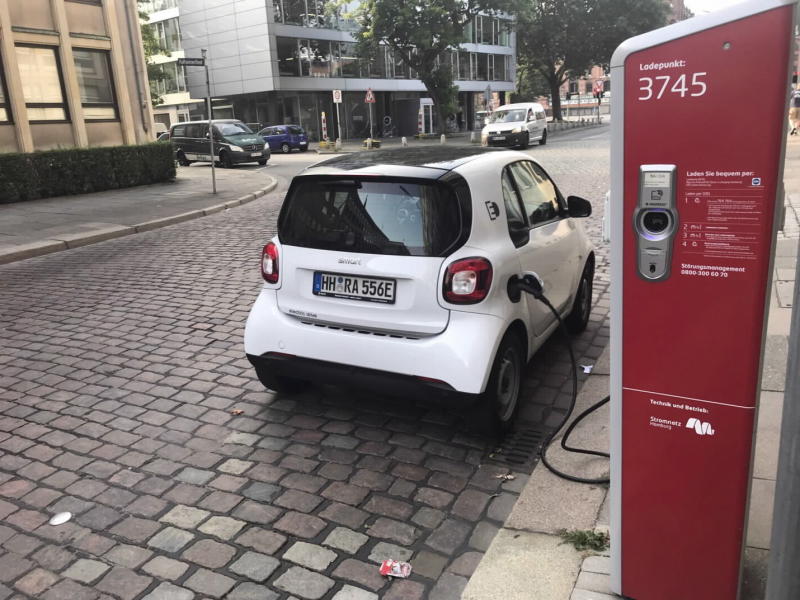
One of the biggest surprises in visiting Germany, the home of BMW and Mercedes, is the number of small cars on the streets. Two-seaters and electric cars are the most popular. Every car firm including Mercedes is making small cars the size of Toyota Vitz, Nissan March or smaller. The fuel guzzlers are rare unless hidden from the public.
One would naturally have expected Germany to be the land of big cars considering they manufacture the vehicles! The correct term would be ‘assembling’ because most car manufacturers source their parts from wherever they can be found cheaply but of right quality. The only exception might be design and the engine. Such outsourcing reduces the cost of making cars despite destroying jobs at home - just listen to President Trump. The days of vertical integration, where manufacturers owned and controlled entire supply chains are long gone.